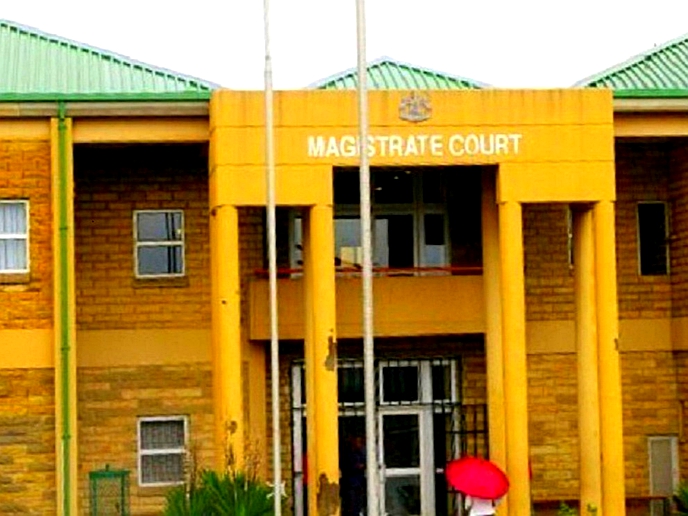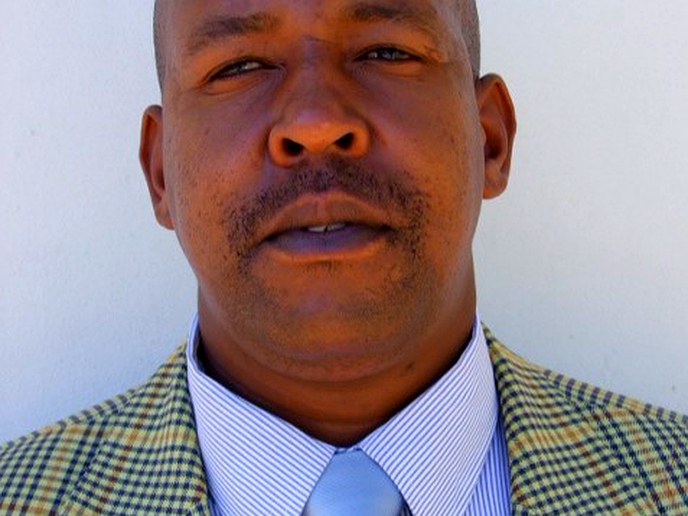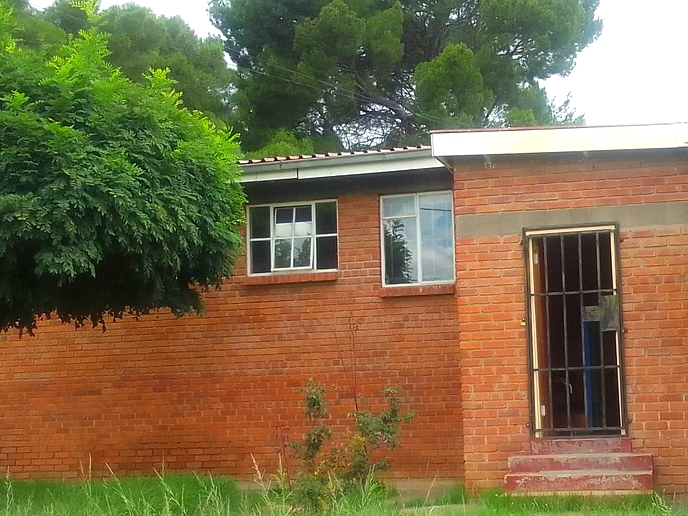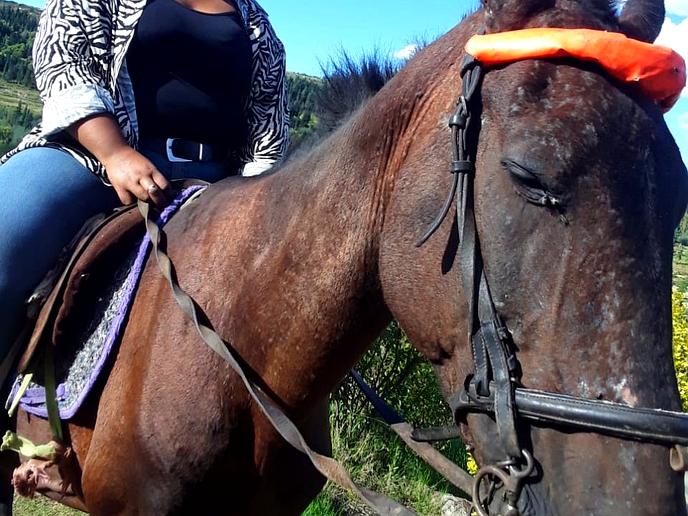THE High Court this week heard how retired army commander, Lieutenant General Tlali Kamoli blocked the arrest of some of his co-accused while also refusing to release ammunition used in committing their alleged crimes.
news
Feb. 2, 2024
RELEBOHILE TSOAMOTSE
5 min read
‘Kamoli shielded rogue soldiers from arrest’
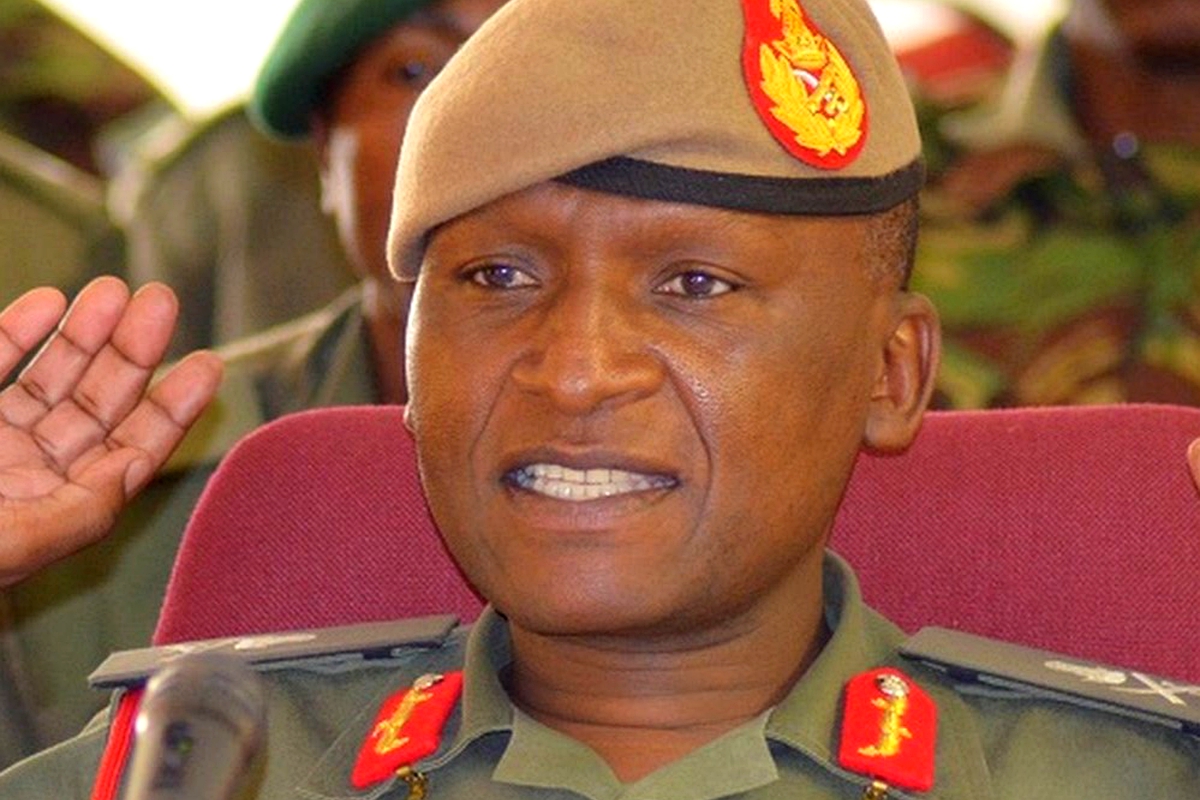
Jailed former army boss, Lt. Gen, Tlali Kamoli
Story highlights
The incarcerated commander even sensationally claimed that he had soldiers who could shoot as far as Pretoria in South Africa, when asked in a meeting to facilitate the release of his colleagues to police for arrest.
This is according to the former Commissioner of Police (Compol), Khothatso Tšooana, when testifying in the long-drawn trial as the High Court tries to establish who exactly are the culprits in the killing of the ex-army boss, Lt. Gen. Maaparankoe Mahao.
Tšooana told the court that upon being appointed Compol on January 16, 2014, part of the work handed over to him by his predecessor included the arrest of several soldiers implicated in a number of crimes.
The police, he said, had been trying for almost two years to arrest soldiers implicated in several criminal cases, but the Lesotho Defence Force (LDF) under Kamoli’s command was not cooperative.
Tšooana testified that there were about three saving measures authored by his predecessor, Commissioner Kizito Mhlakaza, requesting General Kamoli to release the implicated soldiers.
Some of the soldiers included Captain Litekanyo Nyakane, who is charged along with the ex-commander for the murder of Mahao.
The other accused soldiers comprise Lance Corporals; Khauhelo Makoae, Sebilo Sebilo, along with Privates; Tšepi Tlakeli and Thebe Ntšepe.
What was baffling to Tšooana was the fact that other soldiers who were accused of other crimes, such as assaults, were being released to police as requested.
“There was a good relationship between the police and the military police,” he said.
In one of the saving grams, it is said that Kamoli was reminded that justice delayed is justice denied and that the police authorities wrote that they did not want to appear in the eyes of the public as if they were preventing or blocking the administration of justice.
There was still no positive response from the LDF command, prompting Tšooana to write to Kamoli on May 11, 2012, reminding him about the soldiers whom the police were after and requesting the release of ammunition used in the crimes they had allegedly committed.
In the letter, Tšooana told the court that he expressed concern about the manner in which their requests for the release of LDF members to police had been ignored. The letter, he said, was accompanied by summons for the suspects to appear in court, as the Director of Public Prosecutions (DPP) had already given a directive that those implicated be formally charged.
“I would telephonically communicate with accused number nine (Kamoli) because I was the commissioner, but he stopped taking and returning my calls at one point. All I wanted was for him to release the implicated soldiers as well as the ammunition used in the commission of the crimes.”
When all attempts to have the soldiers released to police failed, Tšooana communicated with his colleagues and reported to the then Minister of Police, who was also the Prime Minister, Thomas Thabane.
As National Security Services (NSS) Director General (DG), then, Mohlakala Lerotholi chaired a meeting wherein Kamoli was asked to comply with the police request.
The meeting was at the request of Tšooana, and it was in that particular meeting that the former commander said he had commandos that could shoot as far as Pretoria.
Tšooana said it became clear that Kamoli had no intentions of releasing the wanted soldiers.
The other meeting, he said, was chaired by the then Minister in the Prime Minister’s office, Pitso Maisa.
“That meeting also did not help; it was very tense in the meeting, and Kamoli did not want to answer anything, so it had to be adjourned.”
Tšooana told the court that the relationship between him and the ex-commander deteriorated to the extent that Kamoli held a media briefing to belittle the police command.
At the briefing, Tšooana said Kamoli told journalists that the army commander’s position was spelt with a capital C with commissioner of police was spelt with a small C.
“I never responded to that media briefing,” Tšooana said.
When a government gazette was published on August 29, 2014, announcing Lt Gen Mahao as the new army commander, Tšooana said he received intelligence reports that Kamoli was planning to attack Mahao.
“We then resolved as police management to assign a Special Operations Unit (SOU) to guard Gen. Mahao.”
He said there were even statements made by a soldier named Tefo Hashatsi that Mahao would be a commander over his dead body.
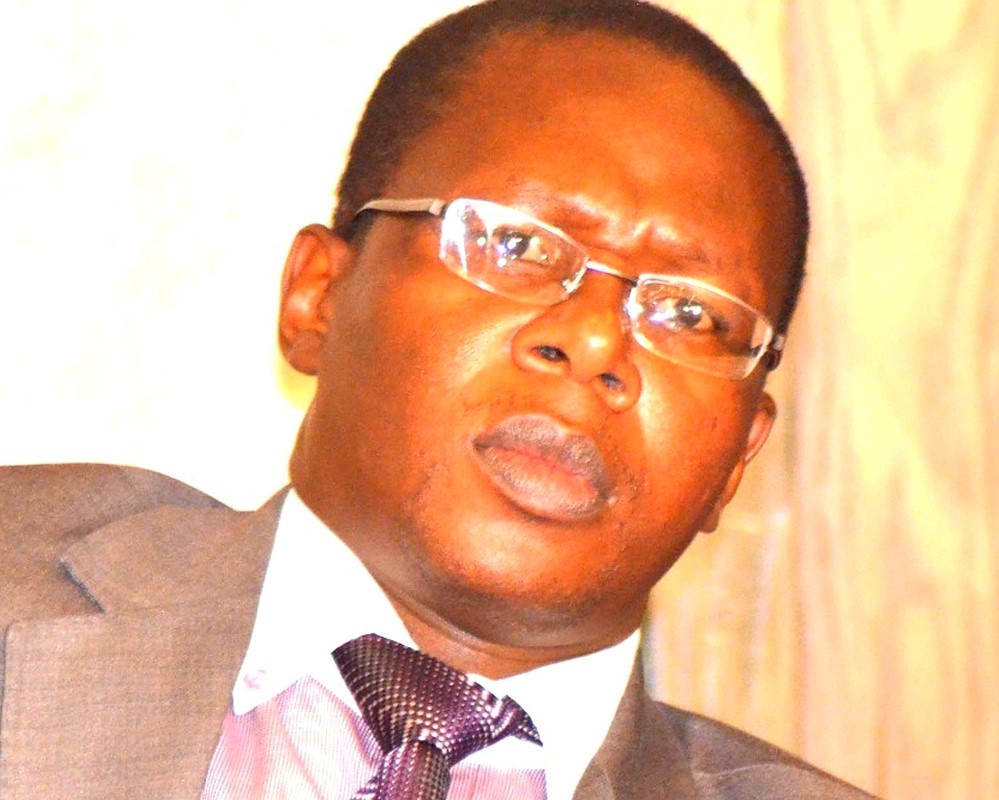
Slain ex army commander, Lt Gen. Maaparankoe Mahao
Enjoy our daily newsletter from today
Access exclusive newsletters, along with previews of new media releases.
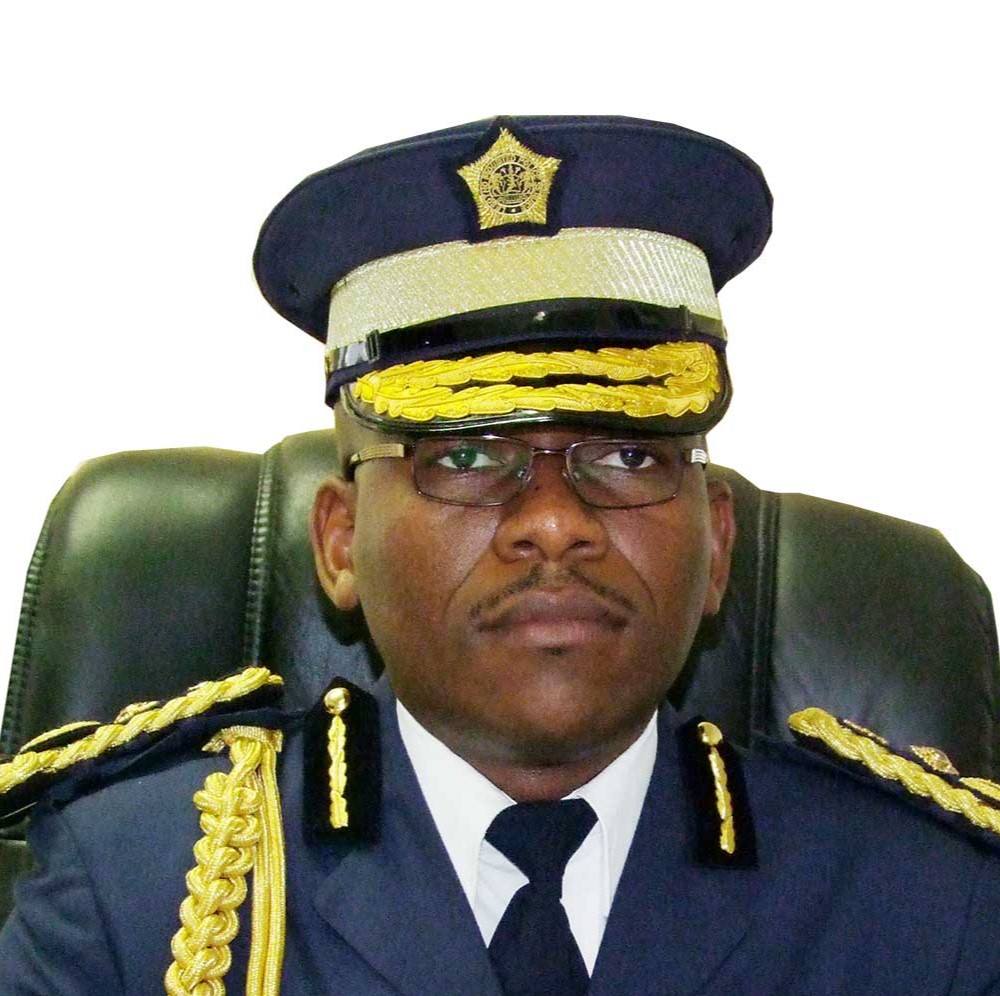
Former Police Commissioner Khothatso Tšooana
A day later, on August 30, Mahao’s home was attacked, and his house, dog, and one of the police officers guarding the home were shot.
Tšooana said police investigations later revealed that the suspects in the attack were members of the LDF.
June 25, 2024, will mark nine years since Mahao was murdered.
He was killed by his colleagues, who claimed that on that day, their intention was to arrest Mahao and that when he resisted the arrest, they opened fire on him.
Mahao was allegedly shot three times with an AK47 assault rifle, and a commission of inquiry into the circumstances surrounding his killing found that the army’s claim that he resisted arrest was improbable given the scientific evidence.
Instead, the commission found that excessive force was used. The commission recommended that those implicated in his murder and other violations be prosecuted using some of the best international standards.
Captains; Nyakane, Haleeo Makara, Sergeants; Lekhooa Moepi, Motsamai Fako, and Corporals; Marasi ’Moleli, Motšoane Machai, Mohlalefi Seitlheko, Tšitso Ramoholi, and Gen Kamoli were therefore charged with Mahao’s murder.
They appeared in court for the first time in March 2018 and have been detained ever since. Their several bail attempts were also refused.
The trial has experienced several setbacks, but Tšooana is the 14th Crown witness in the case.
Tailored for you



